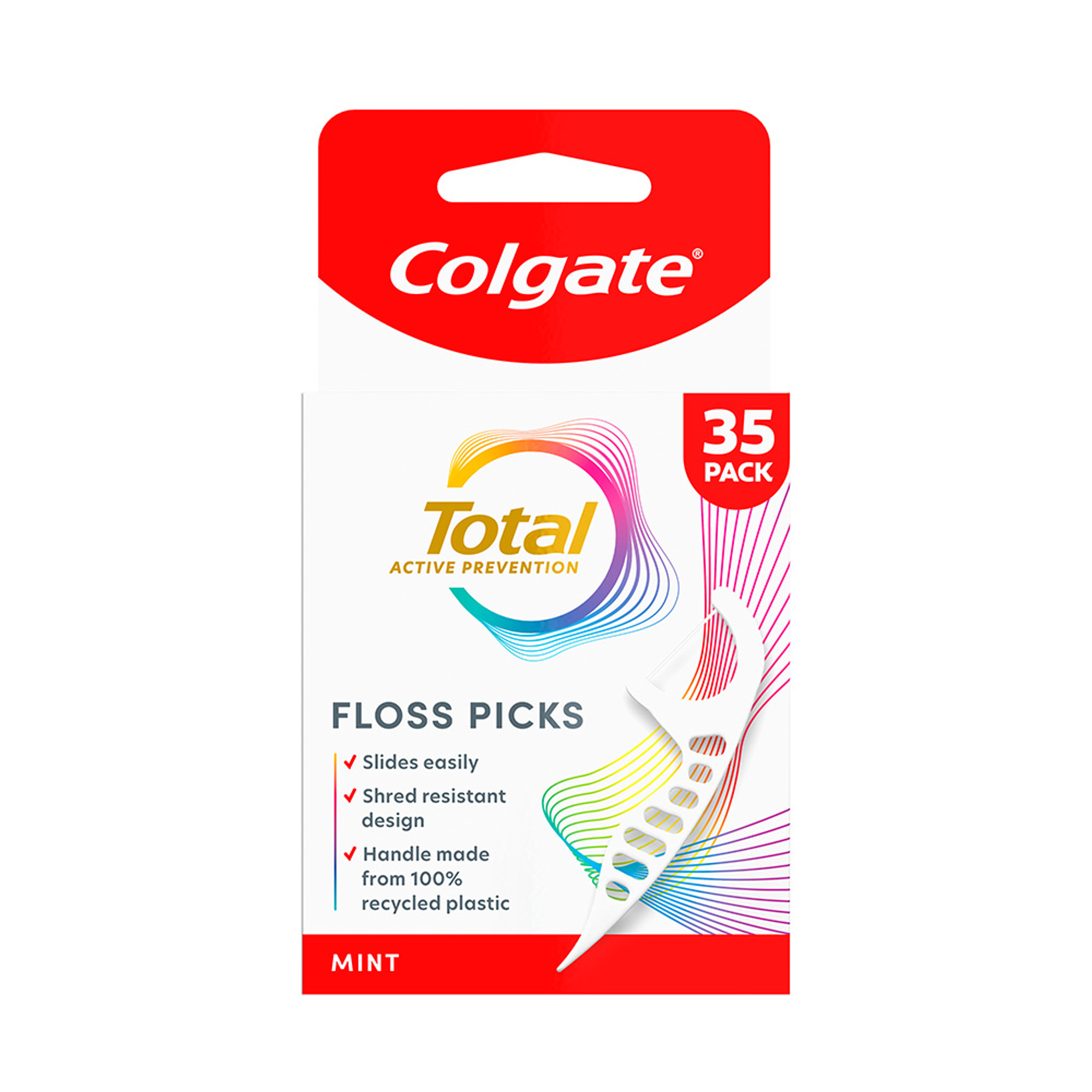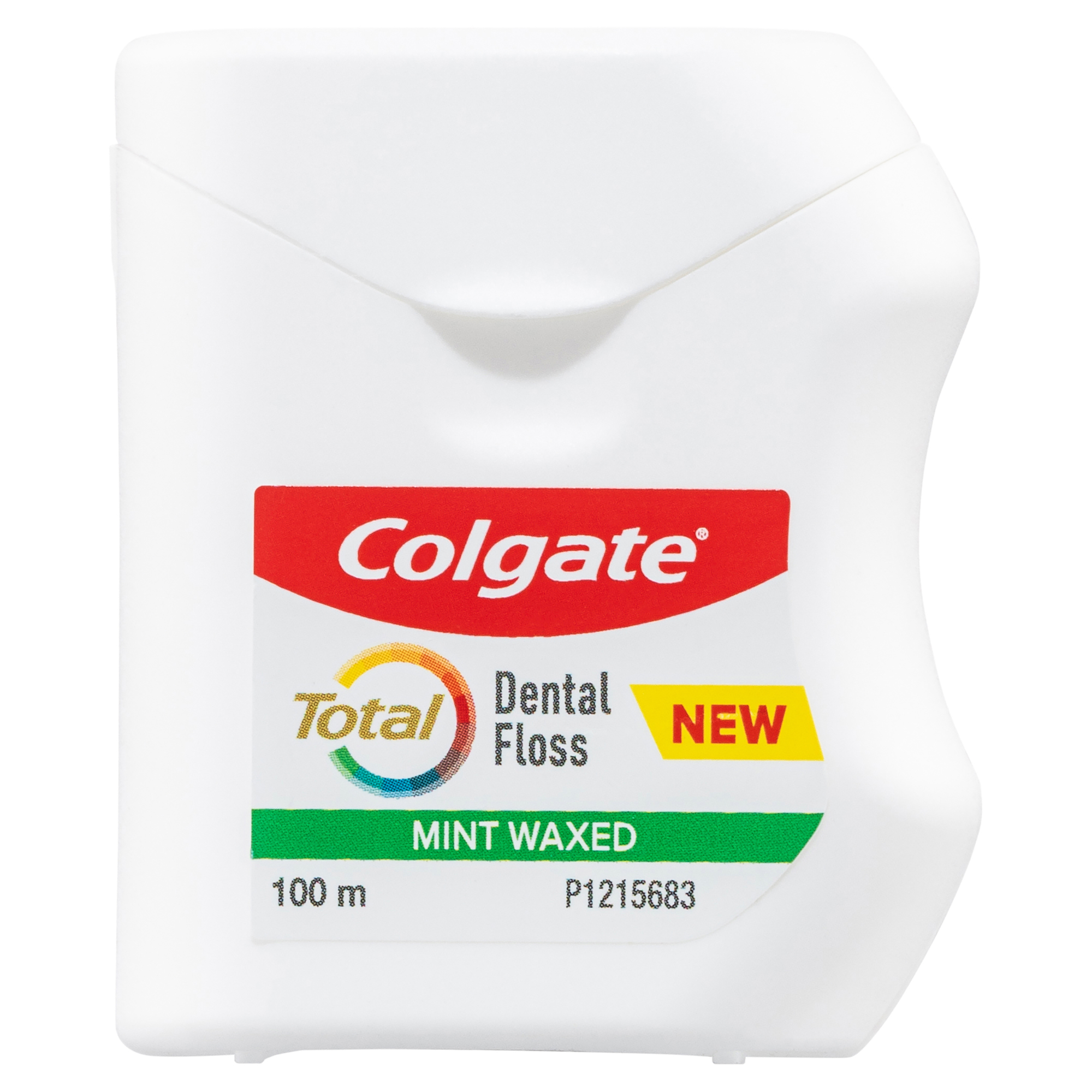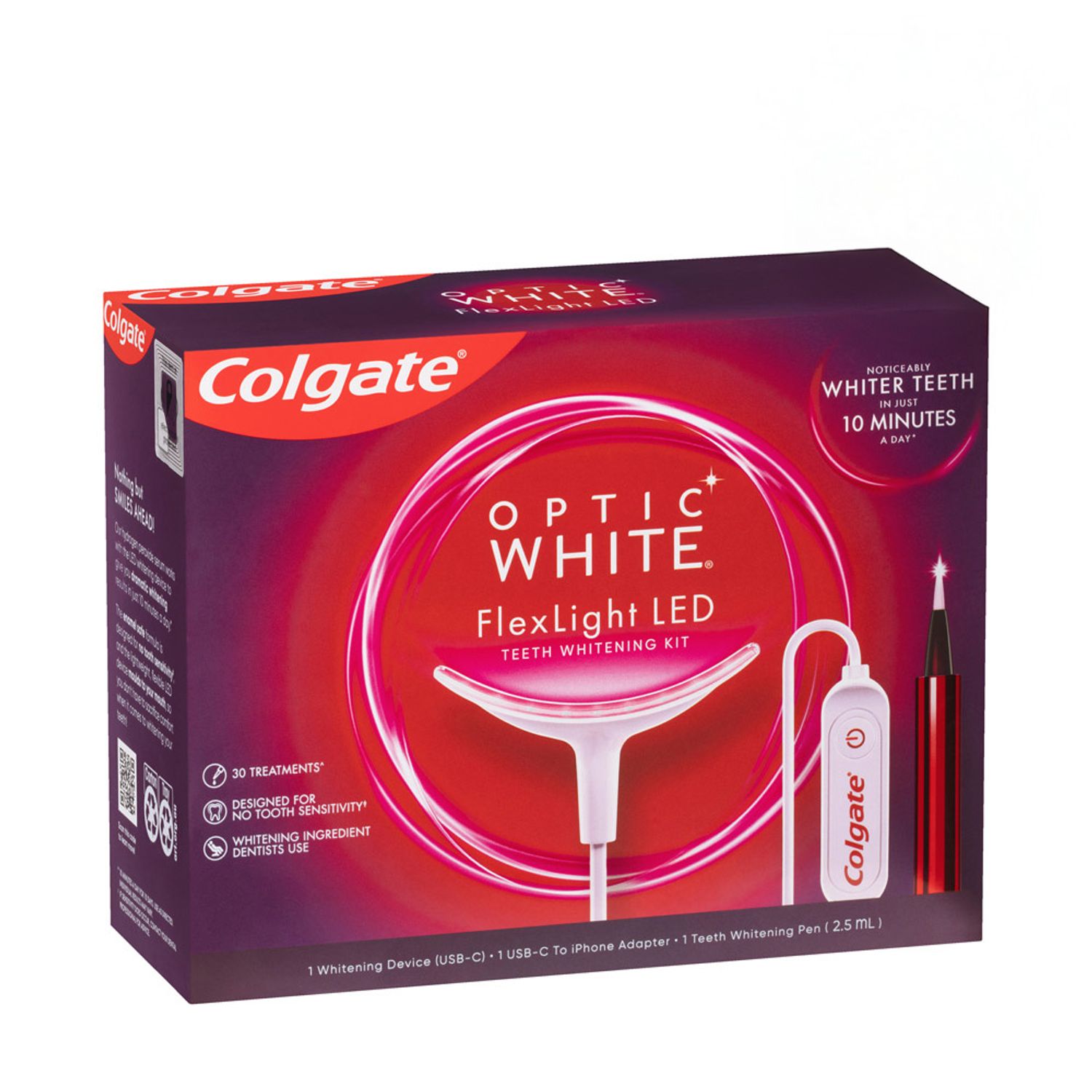Dehydration
The human body has hundreds of salivary glands that supply saliva to the mouth and throat. These glands rely on a steady supply of water to do their job. If you let yourself become dehydrated, you’ll produce less saliva and suffer from a lack of lubrication in your throat and mouth.
If you think dehydration may be your problem, effective home remedies for a dry throat might be as simple as finding ways to drink more water. To stimulate saliva production, try chewing sugar-free gum.
HELPFUL TIP: According to Better Health Channel, the amount of fluid our body needs each day depends on several factors. For example, your age, gender, level of activity, living conditions and whether you’re pregnant or breastfeeding all influence your fluid requirements. As a guide, adult women (aged 19+) require approximately 2.1 litres and adult men (aged 19+) need 2.6 litres each day.
Allergies
Hay fever (also known as allergic rhinitis) occurs when your body is sensitive to particles entering through your airway. This irritation increases mucus production, inflames your nasal passages and can cause a range of symptoms, including a dry throat.
Allergens and irritants like pollen, dander, dust and smoke are likely to trigger hay fever. Symptoms may include:
- Dry throat or dry mouth
- Cough
- Congested or runny nose
- Itchiness
- Tiredness
It can be frustrating to deal with hay fever, but there are various steps you can take to prevent exposure and manage your symptoms.
Hay fever treatment and prevention tips include:
- Medications: Both prescription and over-the-counter options are available to reduce some of the most annoying symptoms, like a runny nose and dry throat. There are plenty of widely available options to choose from. Ask your healthcare professional for advice on which medication is right for you.
- Air conditioning: Avoid fans that can blow particles around. Instead, opt for air conditioning that helps remove irritating particles from the air.
- Protect your eyes: Wear sunglasses to block particles from entering your eyes, and to avoid aggravating them, try not to rub them.
- Keep a clean environment: Regular removal of potential irritants or allergens will help prevent episodes or reduce your symptoms.
The common cold
The common cold is, as the name suggests, incredibly common. According to healthdirect, there are over 200 types of viruses that could cause the common cold, all producing similar symptoms. According to the Lung Foundation Australia, the common cold is also the most cited reason for absence from work or school and the most common reason for visiting the family doctor.
Common cold symptoms may include:
- Mucus in your throat
- Itchy/sore throat
- Congested or runny nose
- Fever is uncommon
- Tiredness
While there’s no cure for the common cold, there are many steps you can take to reduce its symptoms:
- Drink plenty of fluids and get lots of rest
- Use over-the-counter medications. Ask your healthcare professional for advice on which medication is right for you.
- Gargle with a mixture of salt dissolved in warm water
DID YOU KNOW: Despite what you may have heard from friends and relatives, the common cold is not caused by exposure to cold or wetness. That is a myth, according to Healthdirect. As mentioned above, colds are caused by viruses.
Waking up with a dry throat
If you go to bed feeling fine but wake up with a bothersome dry throat, you might be breathing through your mouth while you sleep. Why would you be doing this? You may be mouth breathing due to a medical condition, congested nose or throat - or sleeping on your back.
You may also find yourself with a dry throat in the morning if you have sleep apnoea. This is a serious condition that disrupts your breathing and sleep, and also cause other health problems. If you think you might be suffering from sleep apnoea, speak to your medical professional.
Preventing a dry throat in the morning
Waking with a dry throat in the morning can be caused by many things, but often it is due to either dehydration or mouth breathing. For many, these simple tips may help:
- Drink a glass of water before bed to help prevent dehydration
- Avoid sleeping on your back if possible
- Take steps to unclog your nose so you don’t breathe through your mouth
If you still can’t find a reason for your pesky dry throat, don’t put up with the discomfort. Life is too short! Speak to your doctor about your concerns so you can receive a proper diagnosis and professional medical treatment.
This article is intended to promote understanding of and knowledge about general oral health topics. It is not intended to be a substitute for professional advice, diagnosis or treatment. Always seek the advice of your dentist or other qualified healthcare provider with any questions you may have regarding a medical condition or treatment.














